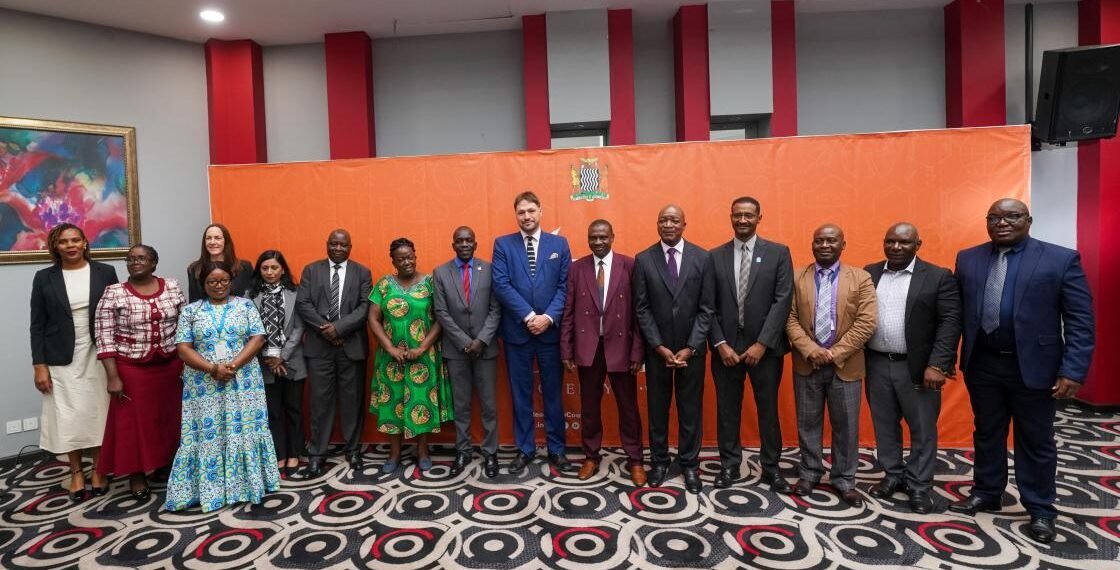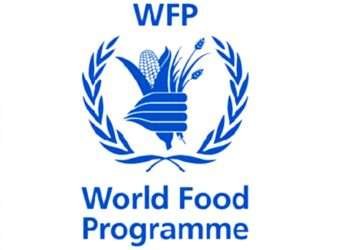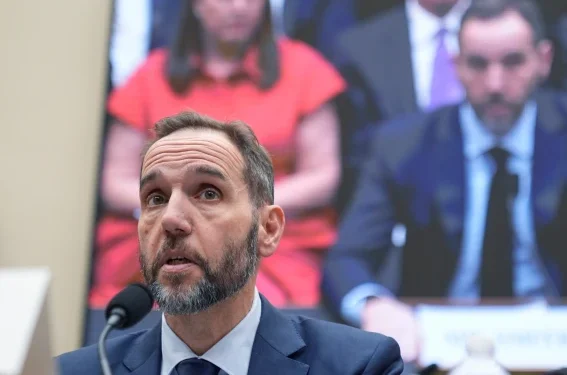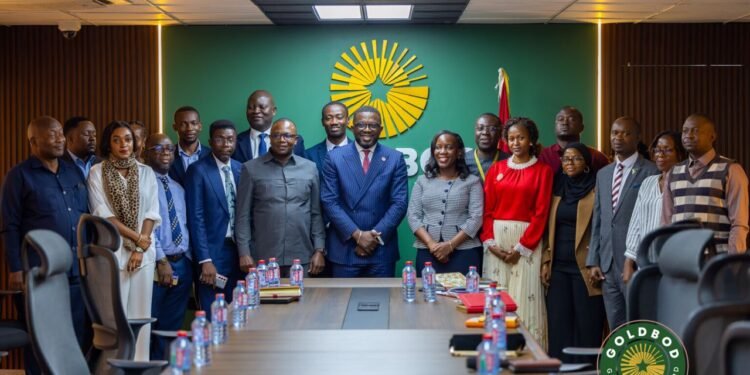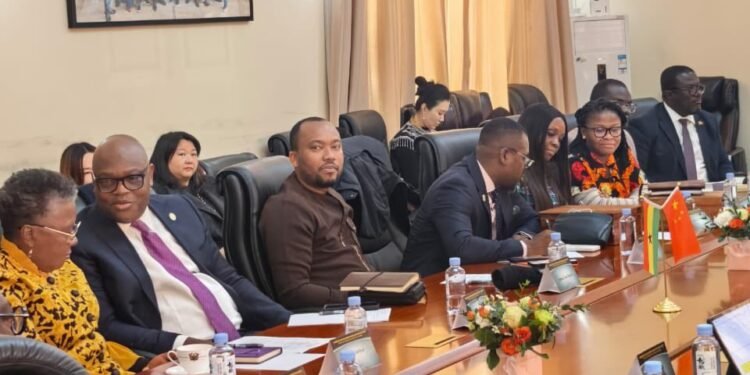Zambia has taken a pioneering step in Africa’s education sector by officially launching the End Learning Poverty for All in Africa (ELPAf) Campaign in Lusaka. As the first country to roll out this continental initiative, Zambia is setting the stage for an urgent response to learning poverty among school-going children across the continent.
The campaign seeks to rally political leaders, policymakers, development partners, and local communities to ensure every child can read, write, and perform basic math by age 10. Intending to achieve universal foundational literacy and numeracy (FLN) skills by 2035, the initiative marks a significant commitment to educational reform.
The ELPAf Campaign was initially launched by the African Union (AU) in September 2024 during the Conference on Foundational Literacy and Numeracy (FLN). This initiative, implemented in partnership with the United Nations Children’s Fund (UNICEF), operates under the theme “Read, Write, Count: Foundation4Life” and is dedicated to mobilizing resources, expertise, and political commitment to address Africa’s ongoing learning crisis.
It also aligns with the objectives of the Continental Education Strategy for Africa (CESA), which advocates for cost-effective approaches to improving early childhood education and foundational learning.
Hon. Douglas Syakalima, Zambia’s Minister of Education, speaking on behalf of President Hakainde Hichilema, underscored the significance of the campaign.
“For Zambia, the launch of the end learning poverty campaign signifies the importance we place as a country on foundational learning and our commitment to recovering and accelerating education. This new campaign we are launching is aimed at spotlighting deficits in literacy and spurring action to ensure that all children acquire literacy, numeracy, and social and emotional skills.”
Hon. Douglas Syakalima
African Union Calls for Urgent Action
Prof. Saidou Madougou, Director of the AU’s Department of Education, Science, Technology, and Innovation (ESTI), highlighted the broader implications of the learning crisis.
“This is not just an educational crisis — it is a crisis that impacts all aspects of development. Although significant progress has been made in supporting children’s access to education, many remain not learning. Recent reports indicate that over 90% of 10-year-olds in the region are unable to read simple texts or perform basic mathematical tasks.
“This prevents children and young people from accessing their human right to education, and undermines their capacity to serve as active citizens, or to be economically active in their communities.”
Prof. Saidou Madougou
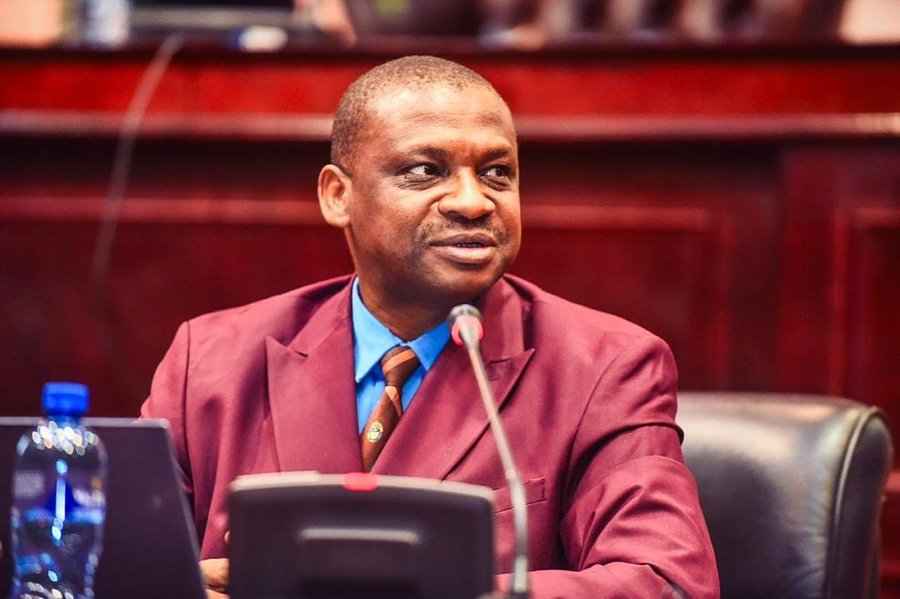
Dr. Nejmudin Bilal, Deputy Representative of UNICEF Zambia, emphasized the campaign’s role in shaping the nation’s future.
“The launch of the ELPAf campaign comes at a time when the world is increasingly recognizing the importance of foundational learning. By addressing learning poverty today, we lay the foundation for a brighter future for our children and our nation. Education is the key to breaking the cycle of poverty, and foundational learning is the first step on this journey.”
Dr. Nejmudin Bilal
The ELPAf initiative is set to be implemented in 25 African nations over the next 24 months. Its key objectives include enhancing understanding of learning poverty in the region, strengthening institutions at various levels to advocate for increased government investment in foundational learning, and scaling up impactful teaching methodologies.
The campaign will also focus on expert-led research and policy recommendations to refine educational strategies across participating countries.
In its drive to combat learning poverty, ELPAf will engage education stakeholders from AU member states through various platforms, including expert conferences, high-level policy dialogues, capacity-building workshops for teachers, South-South and triangular cooperation, and school competitions.
By creating a collaborative network, the initiative aims to foster sustainable reforms that will enhance early childhood education and equip children with essential skills for lifelong success.
As Zambia spearheads this ambitious campaign, its leadership serves as a catalyst for the continent, inspiring other African nations to prioritize foundational learning and drive meaningful change in the education sector.
READ ALSO: Barker-Vormawor Bemoans Neglect of Civic Movements in Ghana’s Political Milestones

